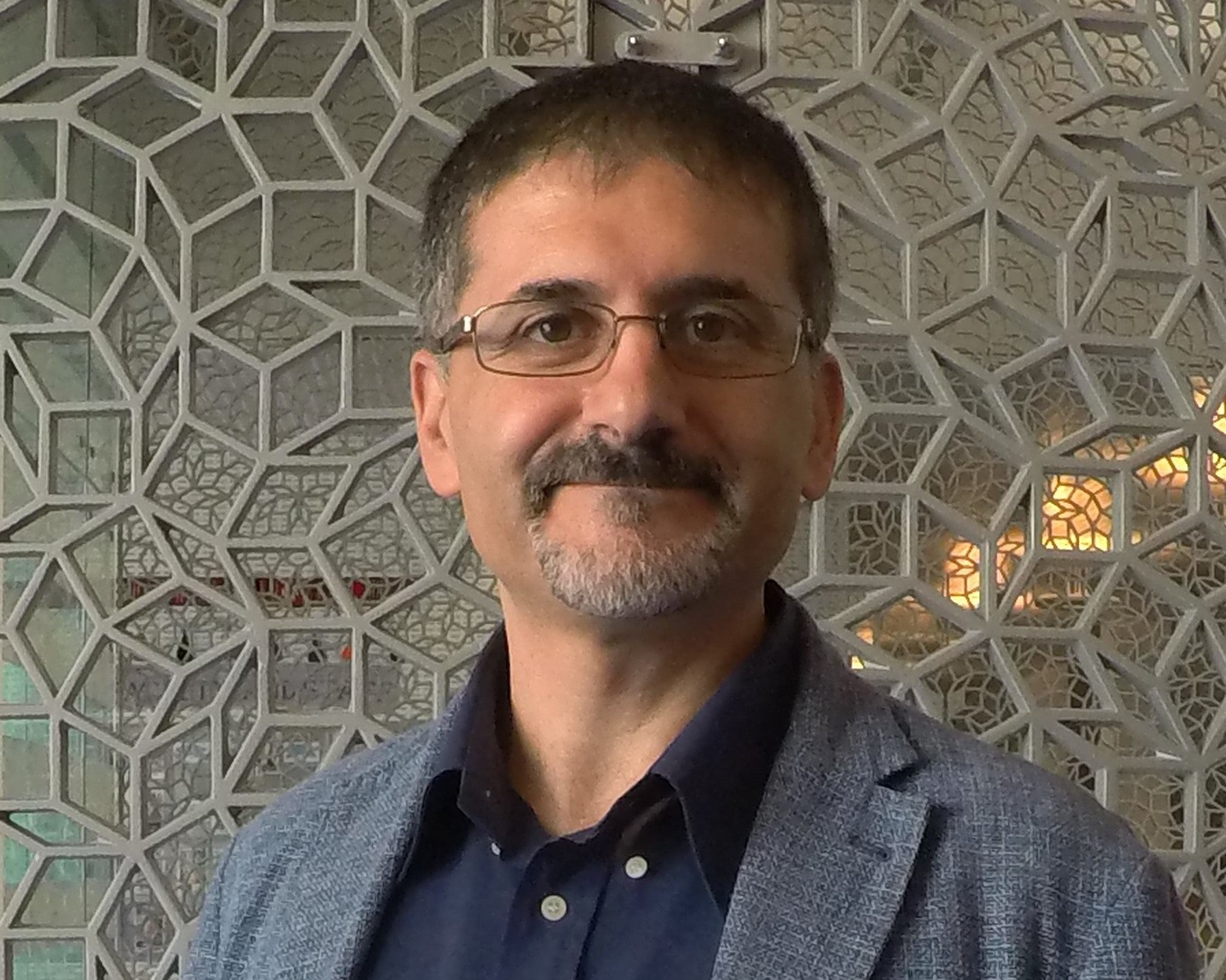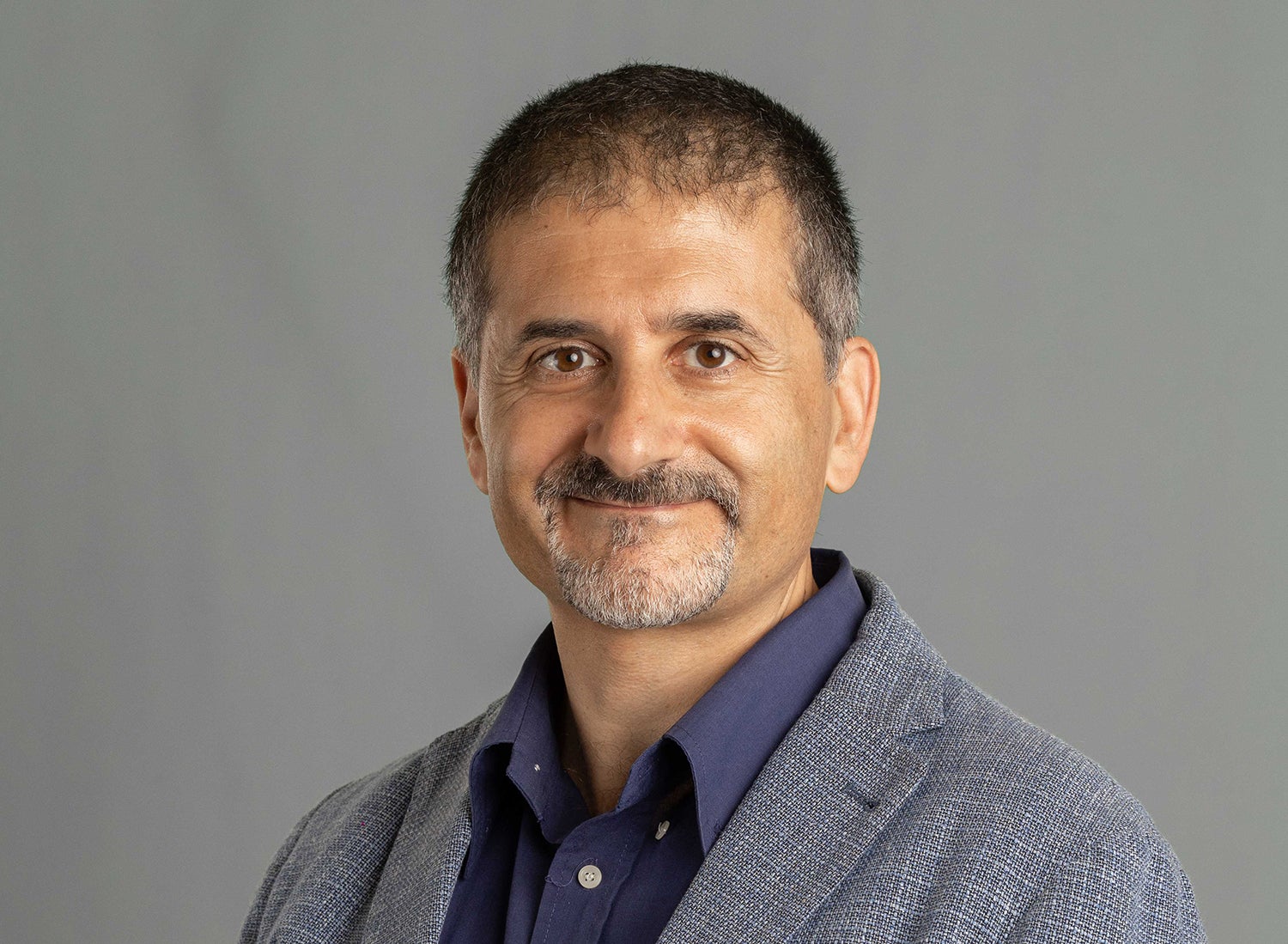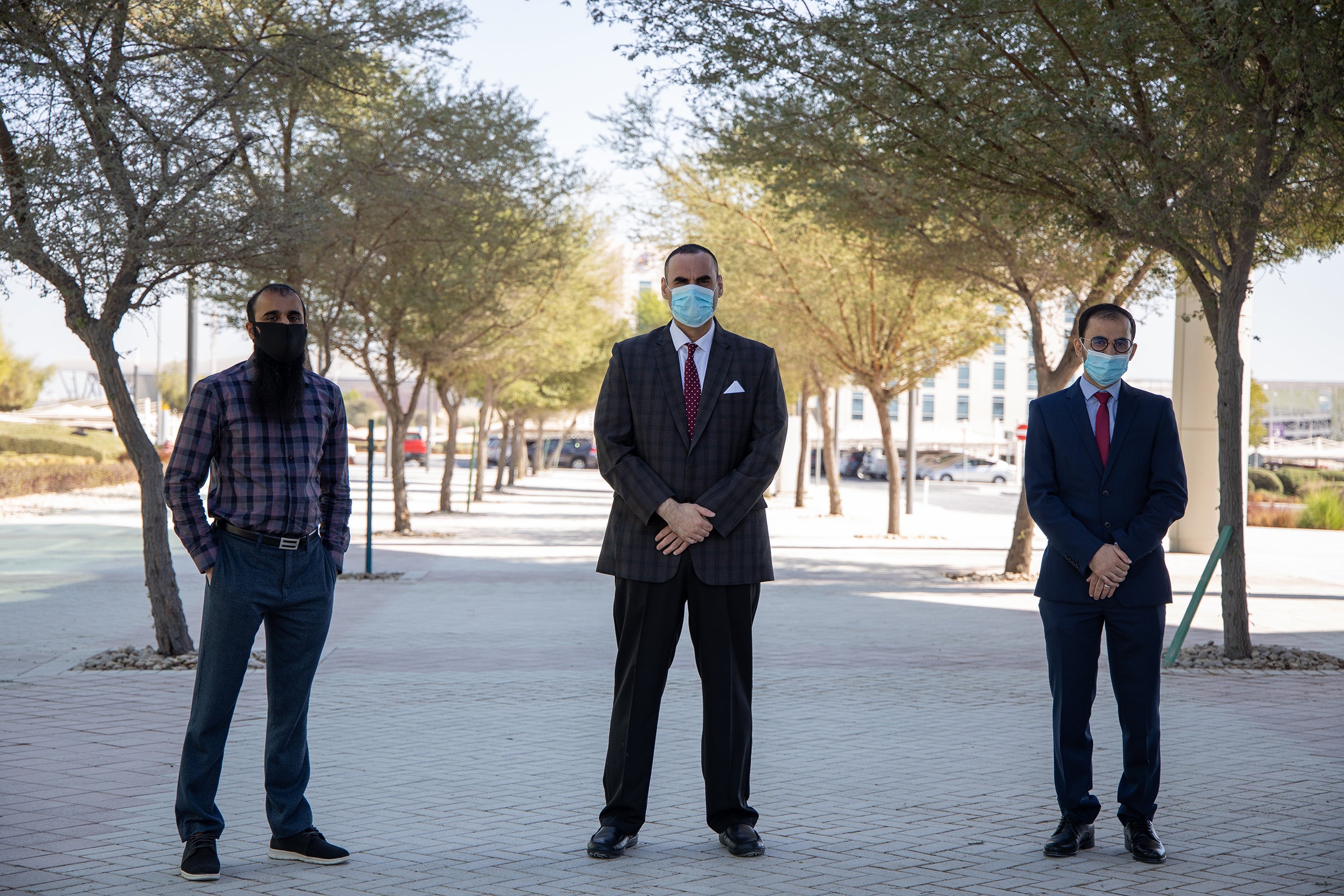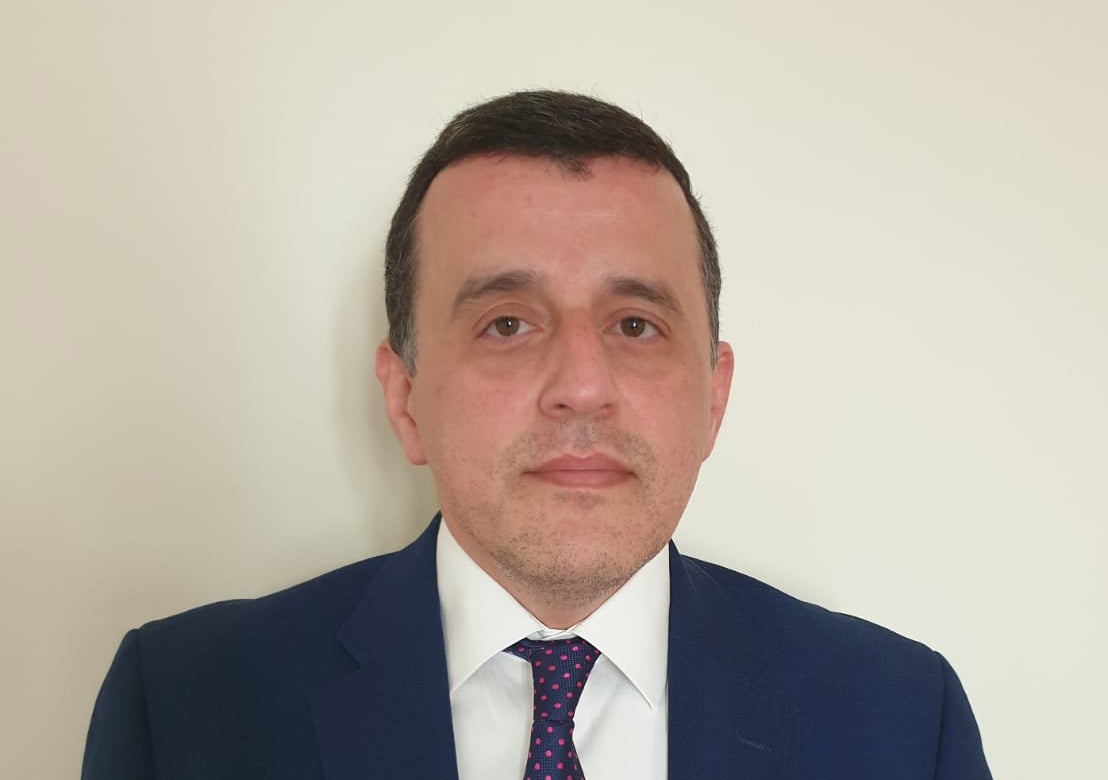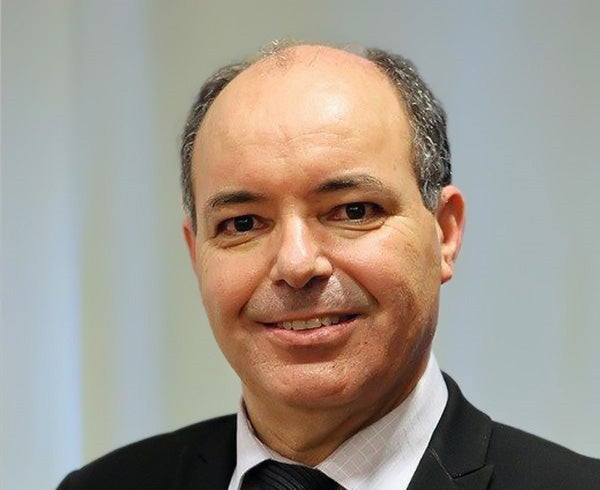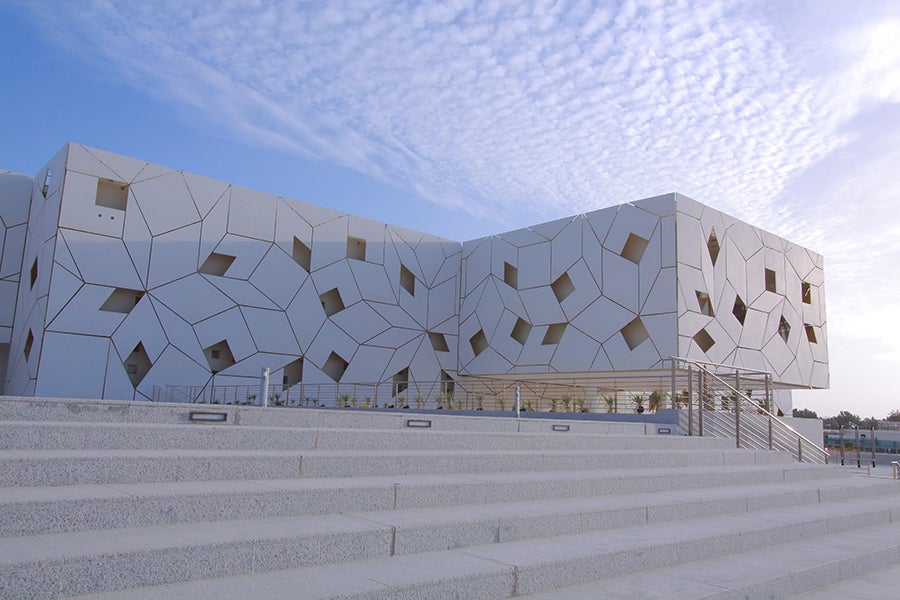
A ticking countdown timer on television screens and social media platforms reminds Qatar’s citizens that the first-ever sport mega event to be held in the Middle East is just days away. The word ‘mega’ refers to extraordinary high levels of tourism, global media coverage, prestige and economic impact for the host country (including significant construction of facilities and infrastructure specifically for that event).
No doubt, Qatar’s FIFA World Cup™ demonstrates all these characteristics. Consider these numbers - the expected viewing audience is 3.6 billion people and 1.2 million spectators; according to Bloomberg (June 22, 2022). Qatar expects November’s event to add as much as US$17 billion to its economy; moreover, the Qatari Planning and Statistics Authority reports that, to date, the state-sponsored construction boom has driven Qatar's non-energy economy, with the sector comprising around 12% of GDP.
In the meantime, the International Monetary Fund projects Qatar's economy to grow by 3.4% this year (2022), thanks to a boost from World Cup-linked activities (Reuters). Alongside this, one should not neglect the intangible social effects such as: community cohesion, civic pride, uniting people or improving self-esteem. It is often stipulated that these intangible effects could be at least comparable in scale to the tangible effects.
The benefits of mega sport events
However, the tangible and intangible benefits a mega sport event brings to the host country are the result of breaking down in small parts a super complex exercise. In essence, logistics and supply chain management are the terms that best describe how one deals with the complexity behind a sport mega event, which demands the most precise planning and seamless logistics operations.
Indeed, sport events are today regarded to be the greatest, non-military related, world-wide logistics operations. So when it comes to ‘dismantling’ the complexity behind the 2022 FIFA World Cup™, the - in football parlance - timely question becomes: what’s the score?
As part of a research collaboration agreement between the College of Science and Engineering (CSE) at Hamad Bin Khalifa University (HBKU) and the Gulf Warehousing Company Q.P.S.C. (GWC), faculty members in CSE’s Division of Engineering Management and Decision Sciences (EMDS) met with representatives from GWC. The latter is the FIFA World Cup Qatar 2022™ official host nation logistics provider, which is playing a crucial role in delivering this milestone sport event. Our meeting was not necessarily aimed towards getting a concrete answer to the above question, but rather to better understand firsthand the logistical challenges as well as the immense opportunities associated with an event of this scale and magnitude.
Our discussion was centered around four key distinct but interrelated sport logistics pillars (as recently published in the International Journal of Logistics Management*): managing the sport venues; the newly developed infrastructure and transportation systems for fans and spectators; the management of the athletes’ logistics, and of course, the core logistics-related task of GWC that concerns the transportation process of the required equipment for all three above pillars: venues, fans and athletes.
The crux of this meeting, however, was the realization and consensus that these sport mega events involve strong collaborations over extended time periods between various business sectors, governmental agencies, and ideally, academic and research institutions. These empirical insights from GWC reminded us of the triple helix model (THM), which was developed with the objective of describing how academia, industry and government interact, concentrating on the circumstances under which this interaction spurs social development and economic growth. For Qatar, these circumstances obviously concern the 2022 FIFA World Cup™ and the potential this sport mega event presents so that legacy in the field of logistics and supply chain is fostered.
The application of the THM in this instance is an interesting one. GWC’s collaboration with the country’s Ministry of Commerce and Industry has been intense for over a decade, thereby contributing in a concrete fashion to Qatar National Vision 2030. At the same time, GWC - through its various initiatives and projects - has become the enabling mechanism for supporting micro, small and medium enterprises (MSMEs) operating in the field of logistics inside Qatar. GWC recognizes that these MSMEs actually demonstrate high levels of agility and responsiveness to a very dynamic environment thus rendering them pivotal players for facilitating innovation and economic growth.
An important question
Though important questions come to the fore: for example, how does one capture the knowledge that is being created through these super complex processes to logistically manage events? Or even when one manages to do so, how such a knowledge is being transferred both horizontally and vertically, so the event delivers legacy from a logistics and supply chain perspective too? We believe that this is where the third helix comes to play its part.
Academic extroversion, a very significant element of an institution like HBKU, is the one that can capture a large amount of data and help towards optimization, efficiency and innovative (yet scientific) decision-making. HBKU will work with GWC to identify new research project opportunities so lessons learnt over the last decade (as well as during and soon after the event finishes) are captured through rigorous and applied research endeavors. Afterall, the 2030 Asian Games may present more complex challenges, whereas the prospect of hosting the Olympic Games even more. The country’s logistics and supply chain ecosystem is expected to excel in all dimensions and cases, so keeping in mind what the three helixes when working harmoniously together can offer is, perhaps, the way forward.
Faculty members from the CSE’s Division of EMDS will have the opportunity to further discuss the importance of knowledge capturing-sharing at the GWC Forum 2022 in a few days. This year the Forum will examine the contribution the 2022 FIFA World Cup™ added to the MSMEs in Qatar and further afield through major industries such as sport and event logistics. With 96% of private sector business classified as MSMEs, and with the Supreme Committee for Delivery and Legacy committed to supporting local procurement for tournament preparations, the 2022 FIFA World Cup™ has undoubtedly laid a strong foundation for further economic diversification and growth. The GWC Forum 2022, together with its partners, provide an ideal opportunity to facilitate global exposure and networking, and serve as a platform to engage in learnings that foster economic sustainability and legacy.
Dr. Christos Anagnostopoulos is an Assistant Professor and Dr Kamilla Swart an Associate Professor and Director of the Sport and Entertainment program at the College of Science and Engineering, Hamad Bin Khalifa University.




